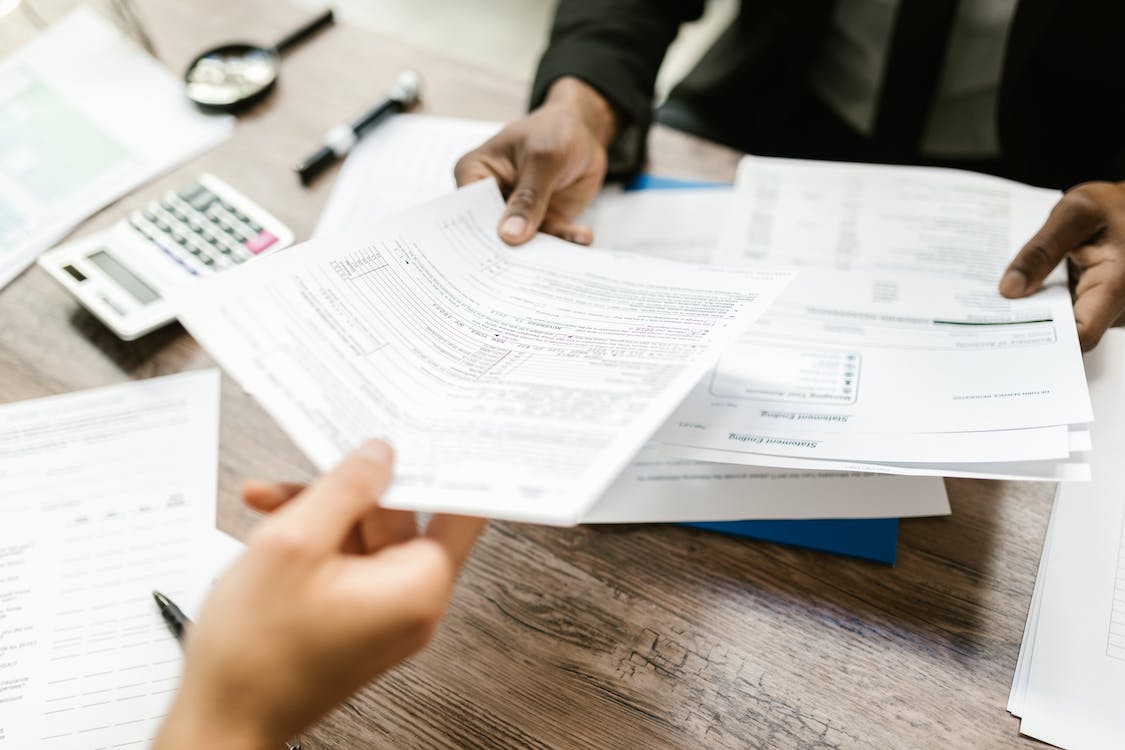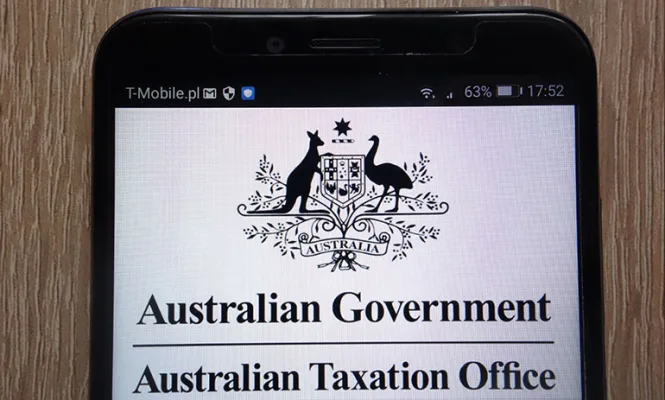Tax time is never easy, but it can be made a little bit more manageable by getting your tax return done as early as possible. Here are some tips on when you can lodge your tax return for the year 2022.
When can you lodge your tax return for 2022?
The Australian tax return is due on October 31st of every year. Here are some things you’ll need to lodge your tax return: Your tax file number
Your income statement from the previous year
A completed Australian tax return form
Proof of your Australian residency (such as a driver’s licence, passport, or voter’s registration card)
If you’re self-employed, you’ll also need: A business registration certificate or a copy of your business licence
A completed Schedule C (Profit and Loss from Business) form If you’ve been overseas for more than six months during the year, you may need to provide documentary evidence that you were resident in a foreign country at any time during the year.
Checklist for lodging your tax return
For Australian taxpayers, preparing and lodging their tax returns can be a daunting task. However, by following a simple checklist, the process can be considerably eased. To lodge your tax return online, you will need to have the following: your tax file number (TFN), an Australian passport-sized photo, and your personal information (name, date of birth). If you are lodging your return via paper form, you will also need your TFN, an original or certified copy of your passport or travel document (if traveling outside of Australia during the year), and an original or certified copy of your visa if traveling on a tourist visa. Once you have these items ready, follow these simple steps to prepare and lodge your tax return:
Log in to the ATO online account where you have your tax file number (TFN) and personal details
The ATO will require you to enter your date of birth and submit your personal details, as well as an authentication code for your photo. After your details are submitted, you will need to upload documents for each of the categories listed below.
Include all the documents that you have which relate to your income from employment, pensions, superannuation, or investments (including shareholdings). If you have not lodged your income tax return in the past, you will need to submit a copy of your latest payslip.
What are the penalties for lodging a tax return late?
Taxpayers who fail to lodge their tax returns on time may face several penalties, including fines and/or imprisonment. The Australian Taxation Office (ATO) warns that the maximum fine for a late tax return is five penalty units, or $1110. In some cases. Penalties can also apply to individuals who are responsible for the non-lodgement of another person’s tax return.
How can you lodge your tax return?
If you’re an Australian resident, you have the right to lodge your tax return online. You can also lodge your tax return through an accountant. There are a few things to keep in mind when choosing how to lodge your tax return. For example, if you’re self-employed, you’ll need to submit your invoices and other documents to support your claims. If you have a financial hardship, ask an accountant about available options.
Conclusion
In conclusion, tax returns for the 2021 tax year can be lodged from 1 July 2022. However, there are some benefits to lodging your return early, so it is advisable to start preparing your return as soon as possible. The best way to lodge your return is through your accountant, and the ATO has several helpful resources available to help you do this. If you need assistance, you can also call the ATO helpline.





